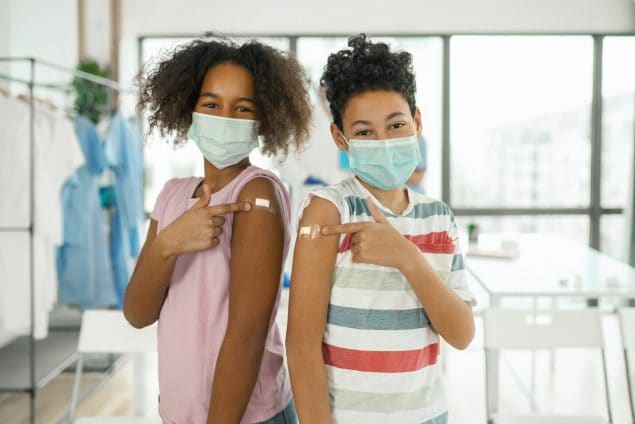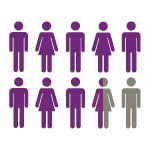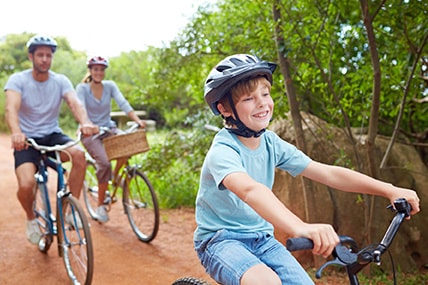HPV Vaccine
Protect your child from certain cancers later in life with HPV vaccine at age 11–12 years.
When should my child get HPV vaccine?
Dose #1
11–12 years (can start at age 9)
Dose #2
6–12 months after the first dose

Children ages 11–12 years should get two doses of HPV vaccine, given 6 to 12 months apart. HPV vaccines can be given starting at age 9.
Children who start the HPV vaccine series on or after their 15th birthday need three doses, given over 6 months.
If your teen isn’t vaccinated yet, talk to their doctor about doing so as soon as possible.
Early protection works best. That’s why HPV vaccine is recommended earlier rather than later. It protects your child long before they ever have contact with the virus.
Teens and young adults can be vaccinated too
Everyone through age 26 years should get HPV vaccine if they were not fully vaccinated already.
HPV vaccination is not recommended for everyone older than age 26 years.
- Some adults ages 27 through 45 years who were not already vaccinated might choose to get HPV vaccine after speaking with their doctor about their risk for new HPV infections and possible benefits of vaccination for them.
- HPV vaccination of adults provides less benefit, because more people in this age range have been exposed to HPV already.
HPV vaccination is preventing cancer-causing infections and precancers
HPV infections and cervical precancers (abnormal cells on the cervix that can lead to cancer) have dropped since 2006, when HPV vaccines were first used in the United States.
- Among teen girls, infections with HPV types that cause most HPV cancers and genital warts have dropped 88 percent.
- Among young adult women, infections with HPV types that cause most HPV cancers and genital warts have dropped 81 percent.
- Among vaccinated women, the percentage of cervical precancers caused by the HPV types most often linked to cervical cancer has dropped by 40 percent.

HPV vaccination is very safe.
Over 15 years of data have shown that HPV vaccines are very safe and effective. Like all vaccines, scientists continue to monitor HPV vaccines.
Help paying for HPV vaccine
The Vaccines for Children (VFC) program helps families of eligible children who might not have access to vaccines. The program provides vaccines at no cost to children ages 18 years and younger who are uninsured, Medicaid-eligible, or American Indian/Alaska Native. To learn more, see VFC program.

